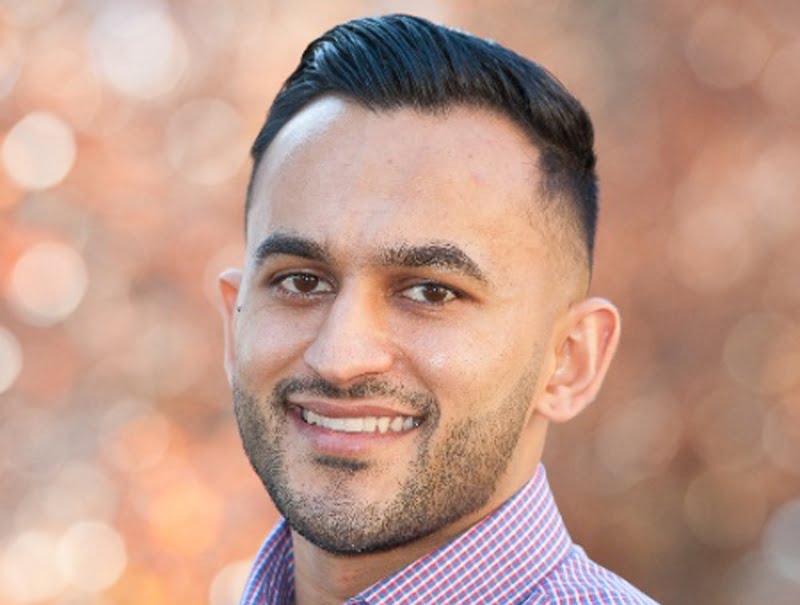South Australia is to get a new game developers co-working space in Adelaide courtesy of a $2 million state government grant to Canberra-based gaming sector incubation specialist Game Plus.
SA Innovation Minister Kyam Maher said Adelaide is fast becoming a location for digital game makers to set up shop. The hub is expected to create up to 500 games sector jobs over three years.
“By establishing the games hub here in the city, we’re sending a clear message to this multi-billion dollar global industry that we are open for business,” he said.

“Companies like Game Plus and Mighty Kingdom [an SA-based global games company] have huge projects on the go with major companies, including LEGO.”
Adelaide Game Plus is the second hub for Game Plus, following the launch of its Canberra space in September 2016.
Currently, Canberra Game Plus is home to 25 independent game developer companies. The hub’s co-founder and chief operating officer Amit Oberoi anticipates the Adelaide hub will attract even more.
“We are focused on creating an ecosystem that supports developers, or more specifically game developers, and providing such things as subsidised rental rate and a reduction in the liability over of their head,” said Mr Oberoi.
“It also creates a community and focal point for government to come and look at the skills and capabilities of the industry, at a central location.”
Interactive Games and Entertainment Association (IGEA) chief executive Ron Curry said it was encouraging that South Australia had recognised the importance of supporting an industry that was “creative, that’s export focused, and weightless.”
The local games development sector is still waiting on the federal government to respond to a Senate inquiry into the future of Australia’s video game industry.
“There is state level support, which is fantastic, and we see how well that works in Canada where they have provincial support for games,” he said. “But there’s also a position for the Commonwealth government to step up.
“We know in April 2016 the Senate put out a report, but we’re 500 days-plus since that came out, and we’re still waiting on a response for government. That covered a number of recommendations that would support the local industry.”
Not all state governments have been as responsive as the SA government, with Mr Curry pointing the finger at New South Wales for its lack of effort.
“Victoria are the strongest supporters; that’s why we see 51 per cent of independent game developers are in Victoria,” Mr Curry said.
“We’re seeing no support in New South Wales and little support in Queensland. When we have discussions in New South Wales, the notion of ‘screen’ in content is still viewed as being television and film,” he said.
This is despite The Studio, a new creative and media tech innovation hub due to open its doors in January 2018, as being one of a handful of startup accelerators to receive a cut of $35 million from Jobs for NSW, and a recipient of $500,000 from the federal government as part of the Incubator Support Initiative.
“It’s an indication [the NSW government] is looking at the wider sector, but it’s not my understanding that funding was granted because of gaming. I think it was in spite of game development,” Mr Curry said.
Of the $2 million grant, Game Plus will spend $450,000 to fitout the space, $1.3 million to assist with the production and marketing of Adelaide-made digital games, and a further $200,000 for industry specific skills development.
Mr Oberoi believes there is an opportunity to attract international talent and to rebuild local expertise, something that was lost following the closures of prominent gaming studios in Australia between 2009 and 2011, including Pandemic Studios, Krome Studios, THQ, and EA-owned Visceral Games.
“It is really important to have an ecosystem that supports local startups and entrepreneurs because it’s great for the economy,” he said.
“With SA government coming on board and putting investment down, and allowing us to support the industry, it’s going to attract international talent as well. It’s going to create a platform that will make them want to come to Australia and bring skills back in.”
Mr Curry agreed that bringing like-minded people together into creating an ecosystem is valuable, but sees the real challenge is finding a solution to plugging the knowledge gap to support entry-level positions in the gaming sector.
“The struggle is to rebuild a community, but not from a grassroots level. We know that the pipeline of students studying subjects related to video games is about 5,000 at the moment. That end of the market is being covered quite well,” he said.
“What we’re missing is that experience of staff working at medium and large organisations that leave because there’s no opportunity in Australia to work in those styles of companies.
“There are a couple of companies in Australia that are large enough to support them but taking the risk to move back to Australia when there’s only one or two it’s taking a bit of a gamble with your career.
“What we’re seeing is people are leaving and going to North America, Canada, Finland, and going to places where there are a number of opportunities, not a single opportunity for them.”
Do you know more? Contact James Riley via Email.

